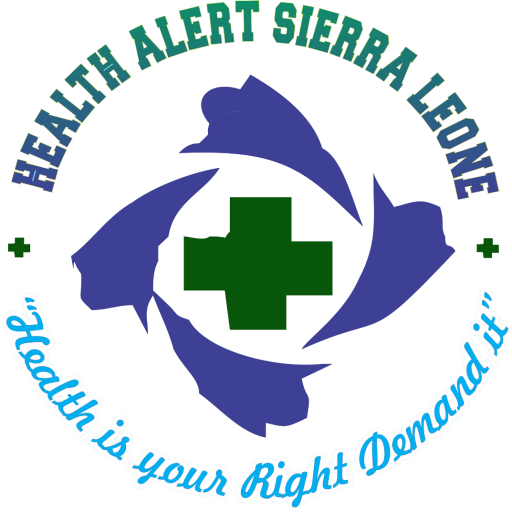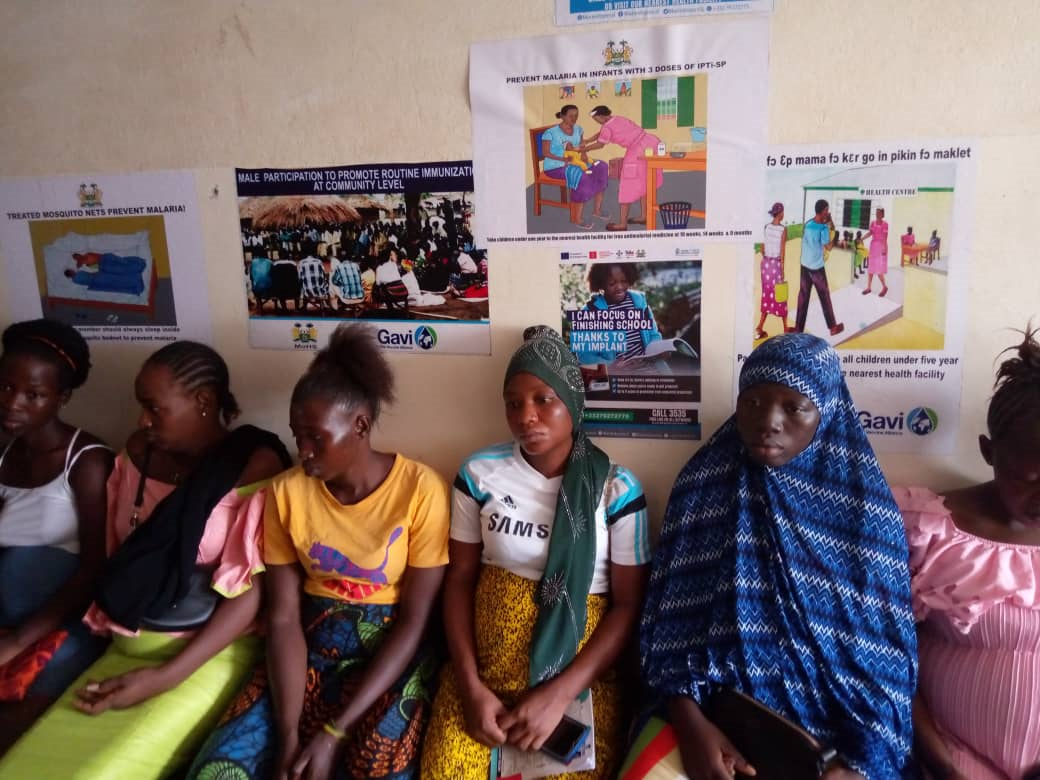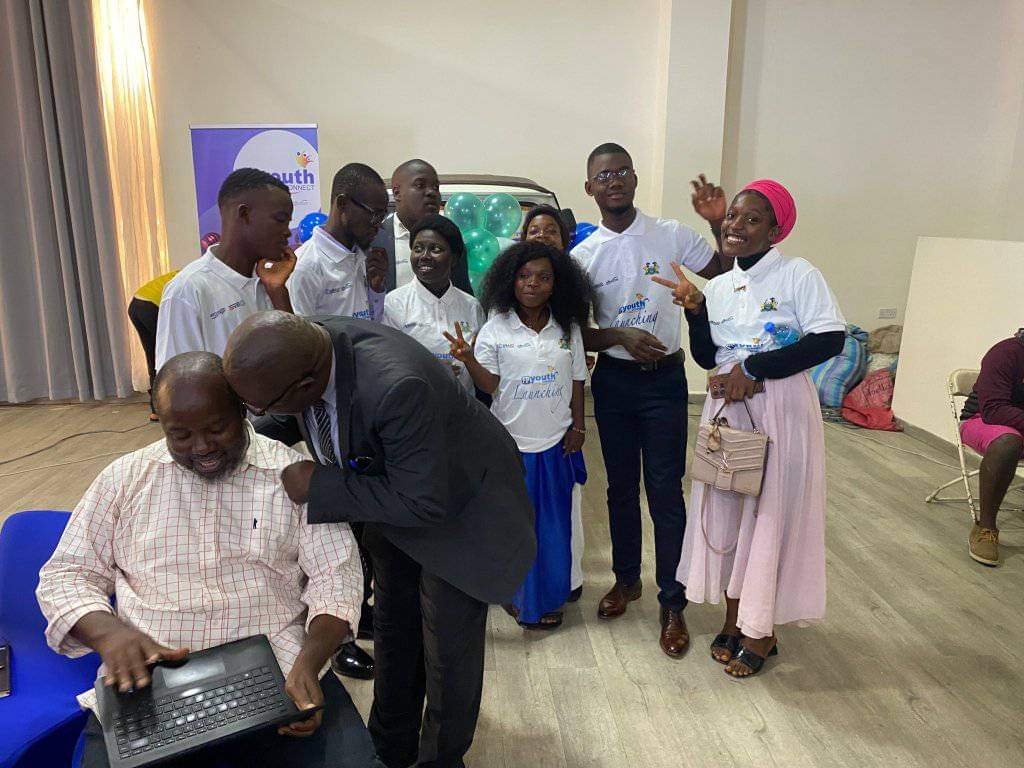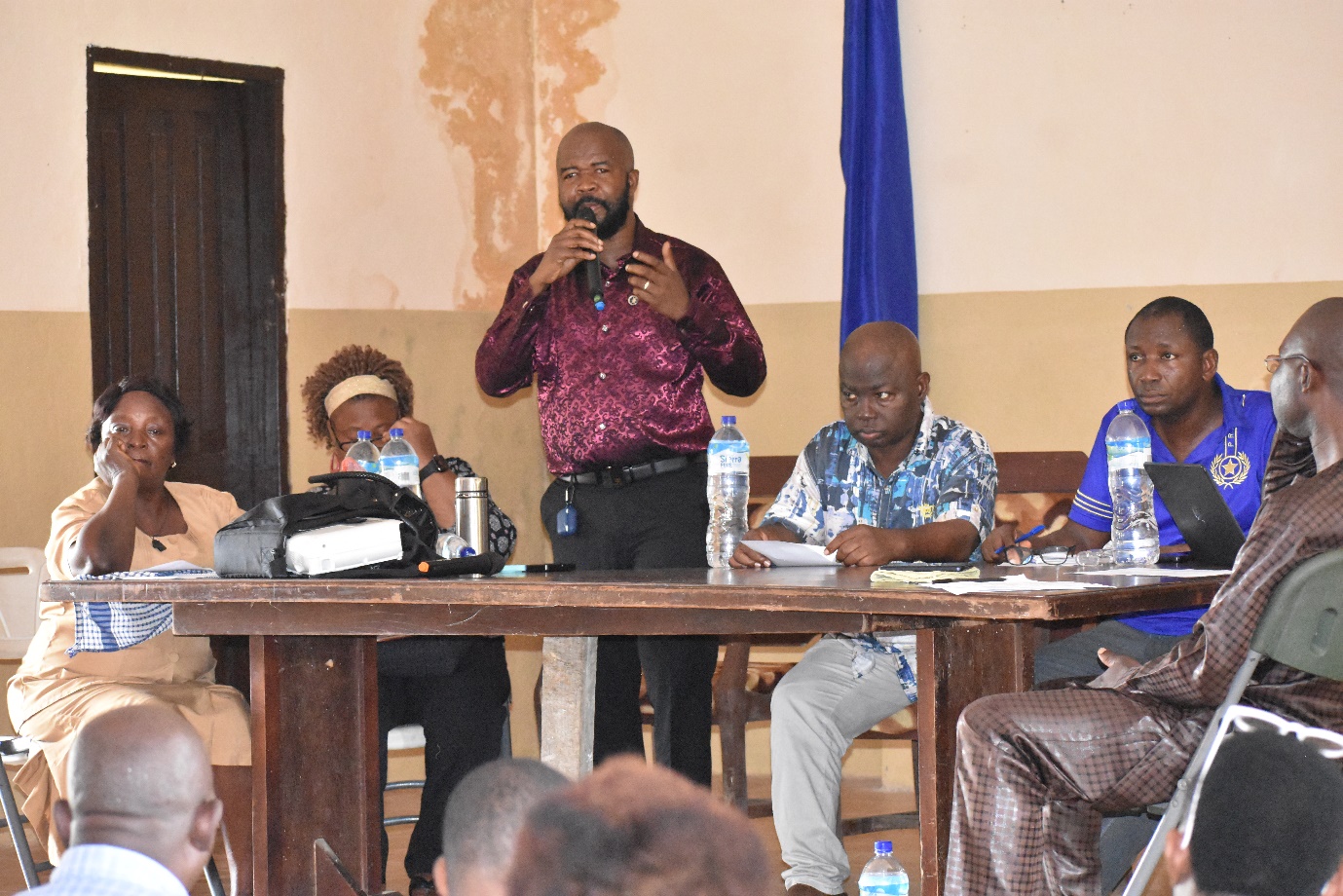This report summarizes Health Alert’s activities in Sierra Leone during the first quarter of 2024, focusing on maternal health initiatives.
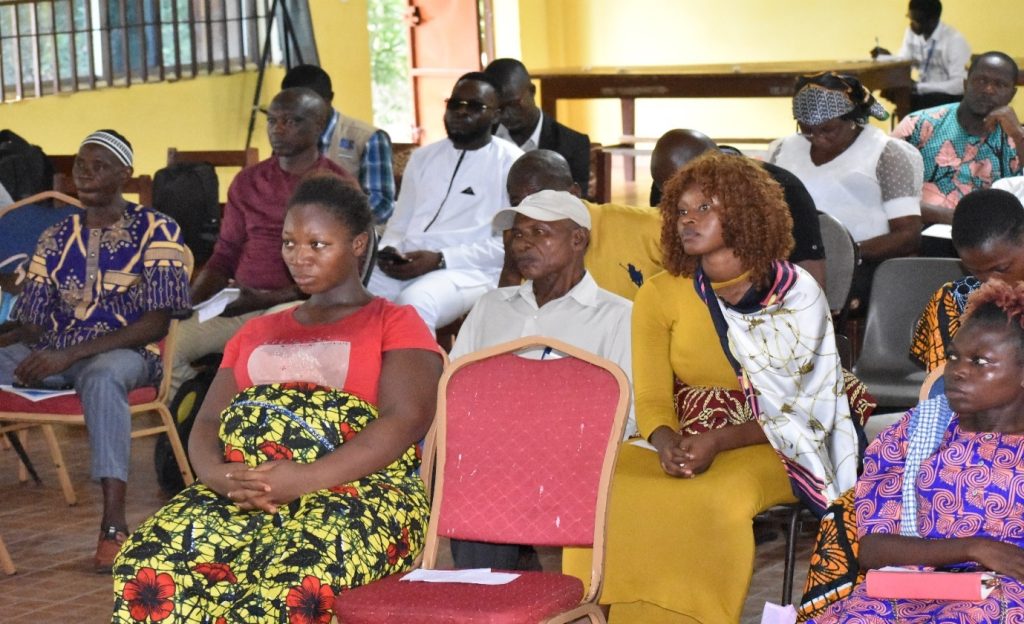
Addressing Stockouts and Improving Healthcare Delivery
Medical Drug Distribution: In January 2024, the World Bank/GFF project provided essential drugs for common illnesses, chronic conditions, maternal and child health to fourteen facilities across five districts. This initiative aimed to address stockouts and enhance healthcare service quality.
Monitoring and Evaluation: Health Alert coordinators monitored facilities in all five districts to assess the impact of the supplied drugs. They also gathered feedback from healthcare workers, clients, and communities to evaluate the effectiveness, adequacy, and quality of these supplies in meeting healthcare demands.
Challenges and Gaps
Nutritional Deficiencies: A critical challenge identified was the limited nutritional supply in Bonthe District. This shortage hinders efforts to address malnutrition, support maternal and child health, and manage nutrition-related conditions.
Next Steps
Stakeholder Engagement: Health Alert plans to engage relevant stakeholders to raise awareness about the importance of nutritional commodities in supporting public health and child well-being. They will advocate for improved access to essential nutritional supplies.
Data Analysis: Utilizing data and garnering support, Health Alert will address the undersupply of nutritional commodities in Bonthe District.
Right-Based Approach (RBA) Training
Empowering Healthcare Workers: In February 2024, Health Alert conducted RBA training for 50 healthcare in-charges and workers across five districts. This initiative aimed to equip them with the knowledge and tools to integrate human rights principles – Fairness, Respect, Equality, Dignity, and Accountability (FREDA) – into their service delivery.
Improved Patient Care: By fostering a rights-based approach, healthcare workers can treat all patients with dignity and respect, regardless of background or circumstance. This can lead to improved communication, empowered decision-making by patients, and ultimately, better health outcomes.
Positive Examples
Free Maternal Healthcare Services: Bandajuma CHC in Kailahun District reported that 27 pregnant women and 12 lactating mothers received healthcare services in January 2024 with no out-of-pocket payments. This exemplifies the positive impact of ensuring free healthcare access for pregnant and lactating mothers.
Client-Centered Care: A young woman in Tonkolili District seeking family planning services reported a welcoming experience from healthcare workers. This highlights the importance of respectful and client-centered care.
Conclusion
Health Alert’s initiatives in the first quarter of 2024 demonstrate a multi-faceted approach to improving maternal health in Sierra Leone. By addressing stockouts, promoting a rights-based approach, and advocating for improved access to nutritional supplies, Health Alert is working to create a healthcare environment that empowers women and improves maternal health outcomes.
